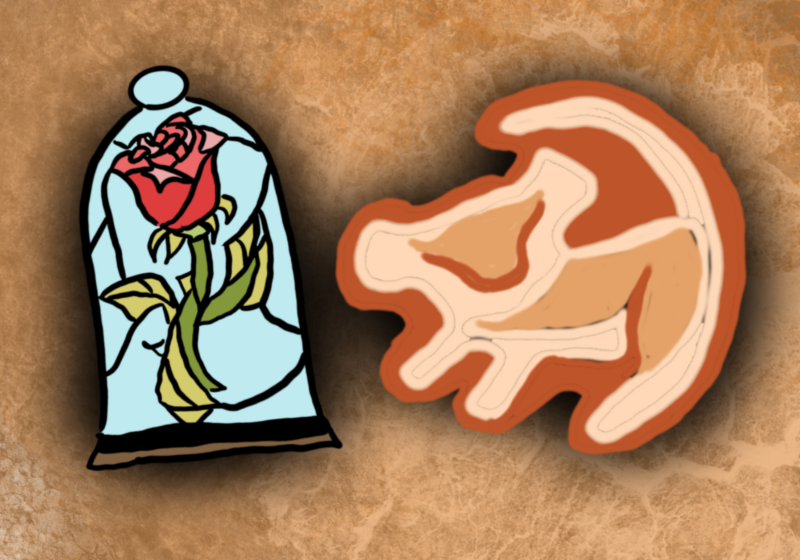The juiciest bit of the annual State of the Union address on Monday night was not President Bush’s speech announcing modest ambitions for his last lame-duck months; it was the moment Barack Obama evoked nostalgic memories of high school drama, as he gave Hillary Clinton the cold shoulder. Freeze-shot pictures of the scene showed Obama pointedly turning his back on an enthusiastic Clinton as she reached forward to shake Ted Kennedy’s hand. Papers and news programs dubbed it “The Snub.” Just days ago, headlines featured Senator Ted Kennedy’s endorsement of Obama, pronouncing it a snub of his colleague, Clinton.
A few weeks earlier, Kerry’s support for Obama was also seen as a snub of Kerry’s former running mate, John Edwards. It would not be far-fetched to observe that the use of the word ‘snub’ has been applied too liberally this election.
Perhaps reporters should find a thesaurus and learn the number of wonderful synonyms for “snub:” rebuff, affront, slight or brush-off would do quite well.
This is an election season characterized as novel due to its historic candidates and outrageous spending; however, the media keeps playing the same old, destructive card. The most recent incident of “The Snub” is just another example of the media capitalizing on what are truly small moments in a campaign, distracting voters from issues that should theoretically matter more.
Commentary on Clinton’s misty-eyed display in New Hampshire varied from describing it as a brief display of emotion to a mental breakdown, even though it seemed more like a heart-to-heart than a frenzied jeremiad in actual footage. The historic day when Clinton shed a tear coincided nicely with a side comment by Obama remarking that Hillary is “likeable enough.”
The uproar about Iowa led us to believe that we would know who our new president was after Jan. 3, yet the caucuses did little except cast Republican Mike Huckabee in the limelight. A full month later and the nominations are still up in the air for both parties as Super Tuesday approaches. Fickle polls have been so heavily relied upon that news programs predicted Clinton would lose New Hampshire by a fair margin, only to apologize the next day for getting carried away.
No one really knows why Clinton won New Hampshire, but the pollsters, trying to rationalize their mistakes, attribute her victory to the tumultuous reaction following her emotional leak and Obama’s minor misstep. In my mind, it brings up questions not on women’s rights or discrimination, but on why such superficialities change voter alignments.
It is as though a magnifying glass has been brought to inspect every breath these candidates take. American politics should not be reduced to the plagues of Hollywood yellow journalism. Perhaps the same critics from the media and public should also take responsibility for their glaring over-dramatization of details and misinterpretation of facts. It should not matter whether Obama treated Clinton with finishing school politeness or whether a few tears were shed out of exhaustion. In a perfect world, platforms and experience would decide an election. For Americans used to fast-paced tabloid journalism, that will never be the case.
Leber is a member of the class of 2011.





